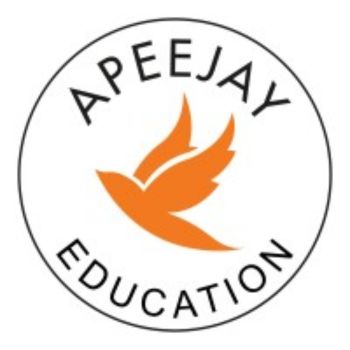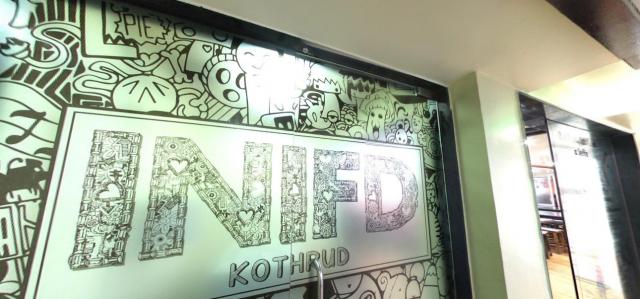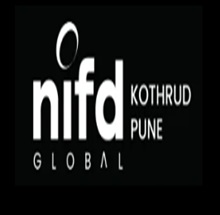National Institute of Fashion Technology Daman is a young yet promising addition to India’s premier fashion education network. The campus benefits from NIFT’s strong national reputation, extensive industry connections, and centrally managed placement system. Offering programs like B.Des in Textile Design and M.F.M. in Fashion Management, NIFT Daman prepares students with practical, industry-relevant skills, while top recruiters from fashion, retail, and e-commerce sectors participate in the institute’s growing placement network.
Table of Contents
NIFT Daman-Placement Overview
NIFT Daman Da Diu-Placement Structure and Industry Engagement
NIFT Daman follows a centralized placement model common across NIFT campuses, where industry collaborations and recruiter networks are cultivated through:
- Corporate Interface Programs: Regular workshops and guest lectures by leaders from retail, manufacturing, and design firms.
- Portfolio Development: Emphasis on student portfolios for design roles and case-study presentations for management roles.
- National-Level Recruitment Drives: Access to NIFT’s pan-India placement week, where graduates historically secure roles in export houses, luxury brands, and e-commerce giants.
The institute’s location in Daman proximate to textile hubs like Mumbai and Surat enhances opportunities for internships and regional industry exposure, a critical stepping stone for final placements.
NIFT Daman-Career Pathways and Graduate Outcomes
Graduates from NIFT campuses typically explore roles such as:
- Textile Designers: In export houses or sustainable fashion startups.
- Fashion Merchandisers: With retail chains like Reliance Trends or Aditya Birla Fashion.
- Product Developers: For global brands sourcing from Indian manufacturing clusters.
While NIFT Daman’s inaugural batches are yet to graduate, the institute’s curriculum mirrors industry demands:
- B.Des (Textile Design): Focuses on sustainable materials, digital printing, and traditional craftsmanship.
- MFM: Covers retail analytics, supply chain tech, and brand entrepreneurship.
NIFT Daman-Institutional Support and Development
NIFT Daman prioritizes student readiness through:
- Skill Labs: Advanced workshops in CAD, textile prototyping, and trend forecasting.
- Industry Immersion: Mandatory internships with partner organizations.
- Entrepreneurship Incubators: Guidance for startup ventures in craft revival or niche design.
Hostel facilities and dedicated academic resources further enable a conducive learning environment.
NIFT Daman-Comparative Placement Trends in Fashion Education
NIFT’s legacy institutes report strong placement trajectories, with roles spanning:
NIFT Daman is poised to replicate this success, particularly in technical textiles and digital fashion a sector projected to grow at 12% CAGR in India through Future Outlook As NIFT Daman matures, its placements will benefit from:
- Industry Partnerships: Expanding ties with Daman’s operational textile units.
- Alumni Integration: Leveraging networks of older NIFT campuses for mentorship.
- Emerging Domains: Focus on AI-led design tools and circular-economy models.









